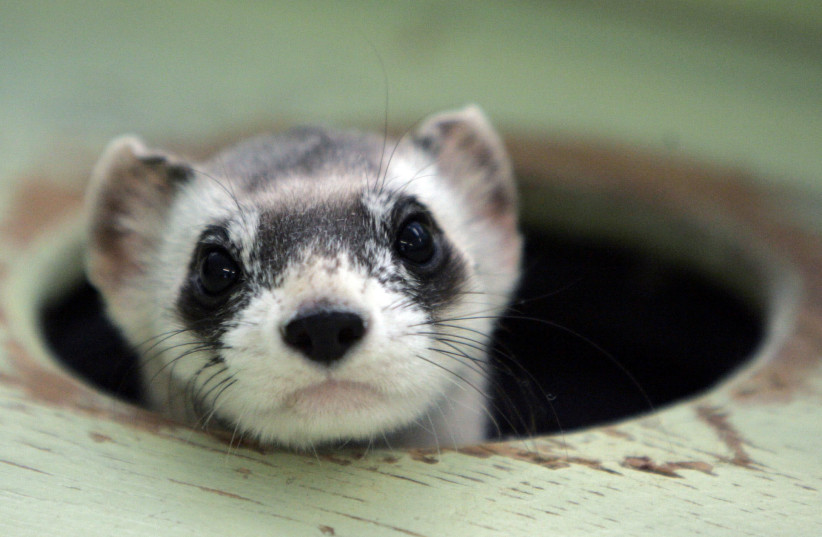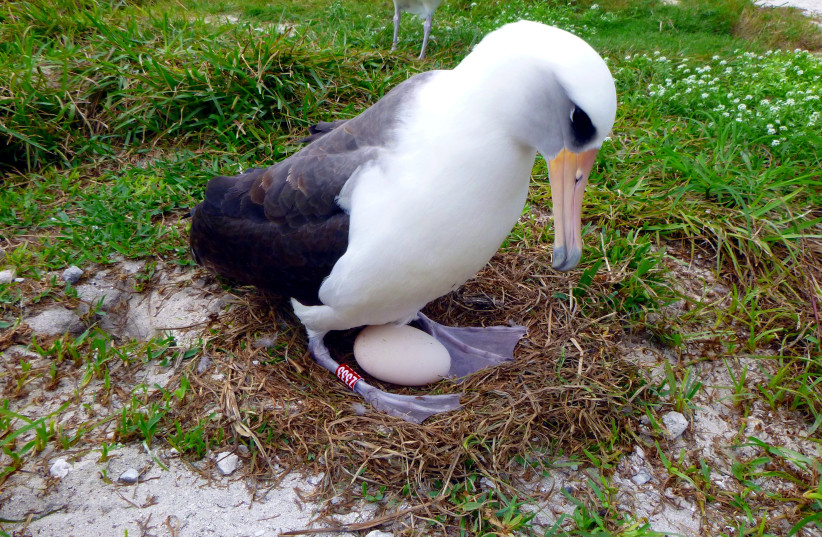This incident, while dramatic, is not unusual. The Bangkok Post identified the women as Nithya Raja, 38, and Zakia Sulthana Ebrahim, 24.

Two women were arrested at Suvarnabhumi airport in Thailand for allegedly attempting to smuggle approximately 109 live animals back to their home country of India on Monday.
The Bangkok Post identified the women as Nithya Raja, 38, and Zakia Sulthana Ebrahim, 24.
This incident, while dramatic, is not unusual. TRAFFIC, a wildlife and plant trafficking watchdog group, published a report in March 2022 focusing specifically on wildlife trafficking through India’s airports. The report stated that this phenomenon is the “fourth largest illegal trade worldwide after arms, drugs and human trafficking, and frequently links with other forms of serious crime such as fraud, money laundering, and corruption.”
The report explains that India is subject to a number of strict agreements, both national and international, restricting wildlife trade. However, illegal wildlife trafficking via India’s airports is rampant and only continues to increase.

In addition, the report explained that the most common modes of smuggling were:
- via checked luggage or carry-on items
- concealment in clothing or wearables
- wrong declaration of protected species
Finally, it was found that, of the illegal wildlife seized at airports, 46% were reptiles, 18% were mammals, 10% were categorized as marine life and 8% were birds. The remaining 18% included insects, amphibians and timber.
Legal ramifications
The bags seized on Monday in Thailand contained mostly reptiles. The Bangkok Post reported that the women were carrying two white porcupines, two armadillos, 35 turtles, 50 lizards and 20 snakes.
The suspects were detained and charged under Thailand’s Wildlife Preservation and Protection Act, The Animal Epidemic Act of 2015, and the Customs Act according to ABC News. The Bangkok Post reported that they were then turned over to the Suvarabhumi airport police station for legal action.
As reported by The Jerusalem Post
